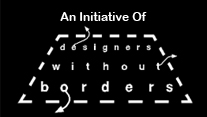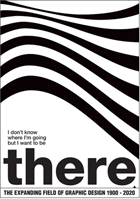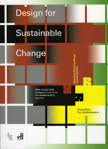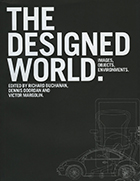Victor Margolin

Two articles of significance appeared in my morning papers recently, one in The New York Times, a lengthy obituary for the courageous publisher Barney Rosset, and the other in the Business section of the Chicago Tribune, describing how Amazon has yanked 5,000 titles that belong to the Independent Publishers Group from its e-book library. The implications of the two articles and what they mean for freedom of speech in the United States are vast.
Barney Rosset challenged the boundaries of censorship throughout his career and won. He endured countless lawsuits in order to publish the likes of D.H. Lawrence’s Lady Chatterley’s Lover and Henry Miller’s Tropic of Cancer and to distribute the Swedish film I Am Curious (Yellow). Through his fearless editorial decisions, Rosset cleared the way for other publishers to bring to the public books that would have otherwise endured the harsh restrictions of public censors.
By contrast, Amazon, which is striving to become a publisher as well as an e-book distributor, has little feeling for what books the public should have access to except those that it publishes itself. Amazon has become the nation’s largest book retailer by default, riding the wave of digitalization that has sunk countless music stores, bookstores, and now also threatens movie theaters. In the case of the Independent Publishers Group, Amazon’s decision to pull 5,000 of its books was based on a financial dispute. As the largest e-game in town, Amazon, according to the publishing group’s president, Mark Suchomel, tried to beat down the prices it paid for the right to distribute IPG’s books. The dispute arose because of the unfairness of Amazon’s offer and IPG’s claim that succumbing to the media giant’s terms would impose a severe financial hardship on it.
Of course, IPG can still distribute its books through the few remaining independent bookstores as well as Barnes & Noble, but with the fall of Borders, bookstore survival remains fragile. Amazon has warred with other publishers and yanked their books just as it has fought with Barnes & Noble over the right of the latter to distribute Amazon’s proprietary material on its own e-book device, the Nook.
I recently returned from a trip to Morocco where as a visitor on a guided tour, I saw the country largely from a tourist’s vantage point – the bustling markets, Berber villages, craft cooperatives, and historic religious sites, all of which offered a pleasing kaleidoscopic panorama of Moroccan life. During the trip, our guide happened to loan me a copy of a French-language Moroccan magazine in which there was an editorial decrying the kingdom’s literary censorship. The editorial writer focused on a recent novel whose subject is homosexuality. The story concerns a military officer who has an affair with a male servant. The book was published in France but the Moroccan censors did not allow its distribution in Morocco.
Although, Americans would like to feel that Barney Rosset liberated us from the harsh restrictions of censors and opened the way for a publishing business where anything goes, the growing power of Amazon as a distributor of books flies in the face of that freedom. While Amazon does not as far as I know censor books on the basis of their content, it does have the power to censor them for its own financial reasons, which amounts to the same result: the public does not have access to the books.
In Morocco, the censorship exists as a consequence of King Mohammad VI’s desire to preserve the morality of his country by banning homosexuality and consequently novels about it. In the United States, content is not the issue. Its purely business. King Mohammad VI is part of a dynasty that has been ruling Morocco for hundreds of years. Jeff Bezos has been the CEO of Amazon for only a few years but in that time has amassed inordinate power by capitalizing on the public fascination with new technology and its willingness to forsake prior forms of distributing cultural products for the convenience and financial economy of digital technology.
What the public does not realize is that it has sold its soul for a mess of pottage. By not supporting a system of distributed retail, which parallels the most efficient form of empowerment whether through political networking or cloud computing, Americans have enabled an omnivorous retailer to exercise the power of censorship that in a country like Morocco still belongs to the king. On paper, the United States remains a country of free speech but in practice, digital distribution behemoths, which operate as near monopolies, have been empowered to exercise the right to censorship without even caring about the content they are censoring.
Victor Margolin is Professor Emeritus of Design History at the University of Illinois, Chicago. He is currently working on a World History of Design to be published by Berg in London.











Leave a Reply
You must be logged in to post a comment.